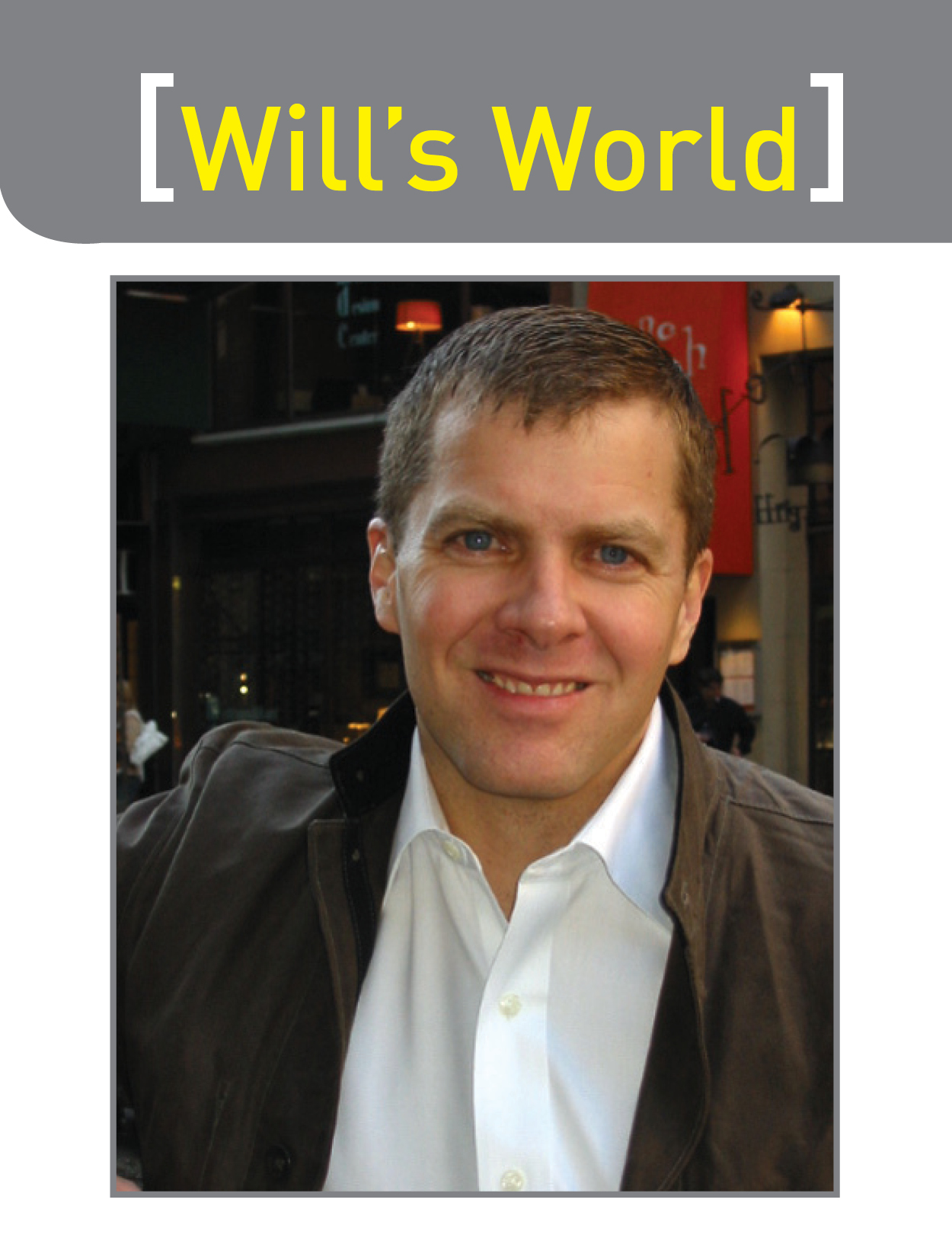By Will Carlin
In 1957, one of the most popular game shows on television was You Bet Your Life hosted by Groucho Marx of The Marx Brothers fame. The show ostensibly was a quiz show, but the real point of it was to show off the interplay between the comedian and the contestant. Shortly after introductions, each player would be interviewed by Groucho, and the results often were so funny that they remain a syndicated late night staple on television.
One of the ways that the show produced some mild audience tension revolved around whether a contestant would say the “secret word”—a common word such as “house” or “head” revealed to the audience at the show’s outset. If a contestant said the word, the band broke out a tune, and a yellow toy duck resembling Groucho (with a mustache, eyeglasses and a cigar) descended from the ceiling with a $100 bill.
One of the more clever contestants that season was the American poet and author, Richard Armour. After brief introductions and just before starting the first interview, Groucho reminded Armour and the other contestants, “Say the secret word, win a hundred dollars.”
Groucho then turned to start the first interview when Armour suddenly said, “The secret word.” After pausing for effect, he then asked for his one hundred dollars. Groucho, caught in a semantic trap, was—for one of the only moments in his career—speechless.
After a moment of confusion, the band started to play the secret-word medley; the duck, however, did not descend. Eventually, the show’s producer came out looking nonplussed and said, “we will allow you to do what you just did. But nobody else better try this.” It is unclear if the money ever was paid, even after Armour went on to win the game. One thing was clear, however: Armour handled the situation with grace while the producer did not.
The following year, Armour wrote perhaps his most famous poem, which appears in his collection Nights with Armour. Some suspect that his experience on the game show had something to do with it.
Good sportsmanship we hail, we sing.
It’s always pleasant when we spot it.
There’s only one unhappy thing;
You have to lose to prove you’ve got it.
The unsaid converse of Armour’s rhyme is that it is easy to be a good sport when you win. And at first glance, this appears to make sense; after all, if you have just won a match, you likely are filled with positive feelings and that, in theory, makes it easier to be generous.
In a squash match where the outcome is in doubt up to the final point, however, the winner often finds a flood of emotions breaking through a mental dam that had to hold up throughout the tough match: the pride of handling the stress, the relief of not choking, and the joy of actually winning.
This torrent can overwhelm even the most stolid of players, and just as exultation wants to erupt, we ask the winner also to find compassion for the loser. It is made easier in sports like squash where a handshake after the match is the norm (there is something about looking your opponent in the eye and making physical contact that helps empathy), but the balance of emotions can be tricky to find.
For incredibly competitive players, part of their drive stems from an aching need to prove their superiority over their opponent; it can be hard to let that go right after a match. Not surprisingly, the sports world is filled with examples of winning players who, in interviews or speeches afterward, can’t help themselves and continue to drive the point home. We usually forgive them, but we hope for something better.
So when James Willstrop won the final point in his upset over World No. 1, Ramy Ashour, in the finals of the recent Tournament of Champions, most of the audience stayed to see how he would handle the biggest win of his career.
After the final point, James did not immediately exult. He was at the front of the court waiting to see if Ramy’s last get would make the front wall. When it fell short, Willstrop instantly turned around and sought Ashour. He shook Ramy’s hand, said something and gave him a hug. Only after Ramy turned to leave the court did Willstrop raise his hands in victory. Then the dam that had been holding his emotions at bay finally broke, and Willstrop found himself near tears.
Moments later, during the awards ceremony, Ramy went first and said perhaps the toughest words for a truly competitive squash player to utter: “James was the better player tonight.” He was gracious to his opponent, to the tournament organizers and to the sponsors.
When it was Willstrop’s turn, he was similarly respectful of Ramy, recognizing his World No. 1 status and saying that “any win over Ramy is huge.” Then he did something not normally seen in sport: he took out a piece of paper on which he had written all the people he wanted to thank. He apologized in advance for going long but said that the win was made possible only because of so many others who had sacrificed on his behalf.
When James thanked person after person with a brief description of how each had contributed to his win, many of the squash-playing spectators couldn’t help but remember their own lists of people who should be thanked.
Partly because of the crowd’s self-reflection, it was oddly quiet during Willstrop’s speech. Then the applause started, and it went on and on. It was much, much more than pleasant; Richard Armour would have been proud.



